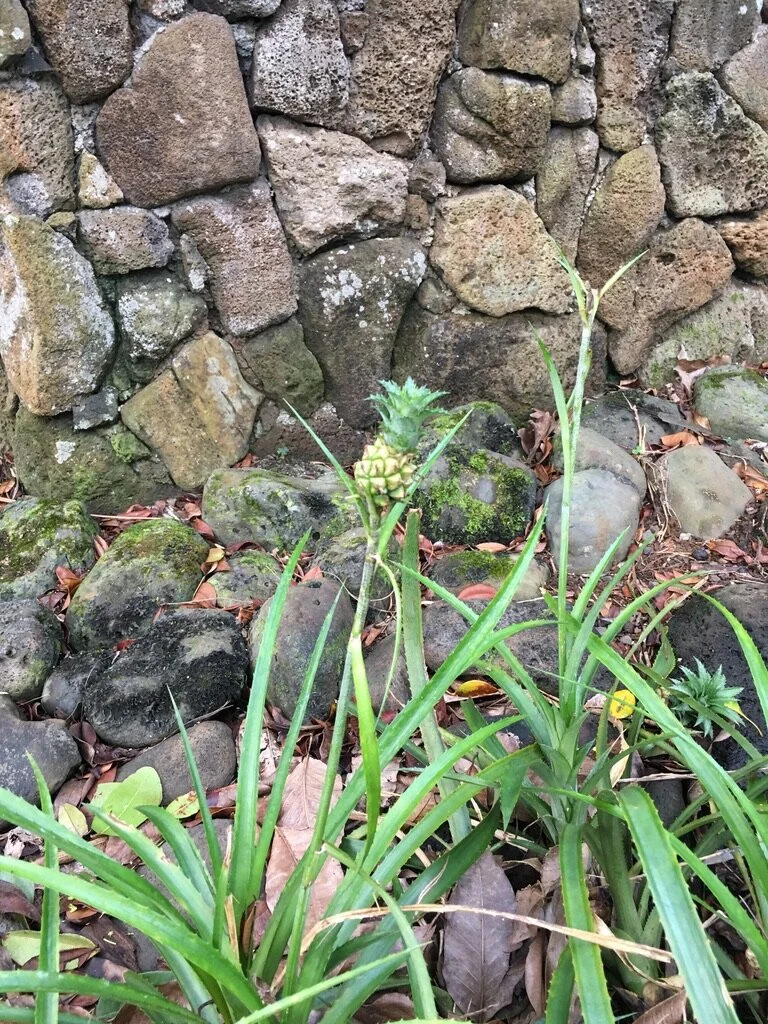Each of us makes a difference.
Below is a collection of tips and ideas for how you can help to address climate change. There is no single right way to live. And this is not a recipe or prescription. Pick and choose what works or inspires you where you are at today. The most important thing is that we all take action and do it ways that are meaningful to us.
-

Consider your consumption.
Decisions on what you eat, the products you use, or how you clothe yourself can have tremendous impacts on the environment and our collective health.
Click below to get links to educational resources and services that can help you understand and evaluate how to make these changes.
-

Invest in local.
Investing in local is a great way to start thinking about how we can make a circular economy work here in Hawai‘i. It highlights our local capabilities and needs and reduces waste as we look for opportunities within our communities to develop and design around our current context. Indigenous wisdom and systems can work with modern knowledge and technologies to help us evolve just-right solutions with the people around us.
-

Upgrade how you use energy.
We can make choices that rely less on fossil fuels by opting for energy efficiency or going electric (instead of gas combustion). By seeking out alternatives, in our homes and transportation options, we can start to change the demand side of the market. Advocacy is a larger part of this picture in making more impactful changes (see the ‘Advocate for change” section for more on that). To learn more about individual actions, click below.
-

Reduce, manage, or eliminate waste.
Not everything we consume goes towards nourishing ourselves or our communities. Much of it is turned into waste — unusable product that then becomes pollution.
Reducing how much we acquire is a starting point for reducing waste. Turning waste into a resource to become an input into another lifecycle eliminates waste.
Thoughtful waste management is crucial to ensuring equity in access to a clean and safe environment. Climate change impacts all of us but it disproportionately affects marginalized communities. There is no “away” to waste.
-

Advocate for change.
Advocating for change can come in many different forms — from sharing your personal tips for eco-lifestyle hacks to voting in a local election. It is a way to share what we care about and to take action to broaden the impact for change.
Think of what networks you are a part of and how you can advocate for change among your family, friends groups, neighborhood, workplace, and more. Remember that change is difficult for all of us!
-

Make time for care.
Get inspired, recognize the positives, and celebrate wins. While protecting the climate requires sustained vigilance, we share this responsibility as a community. This is not a burden that any of us faces alone. Make connections with people that respect and support your efforts/interests. Create the time and space you need for deep rest and rejuvenation. Address your spiritual/emotional needs.